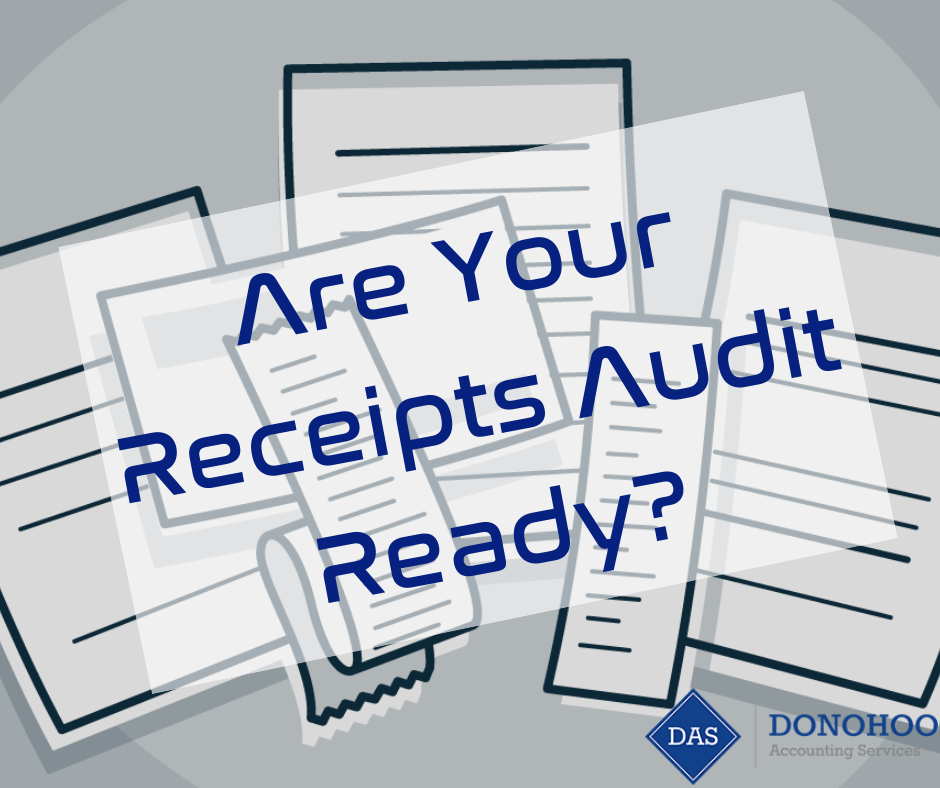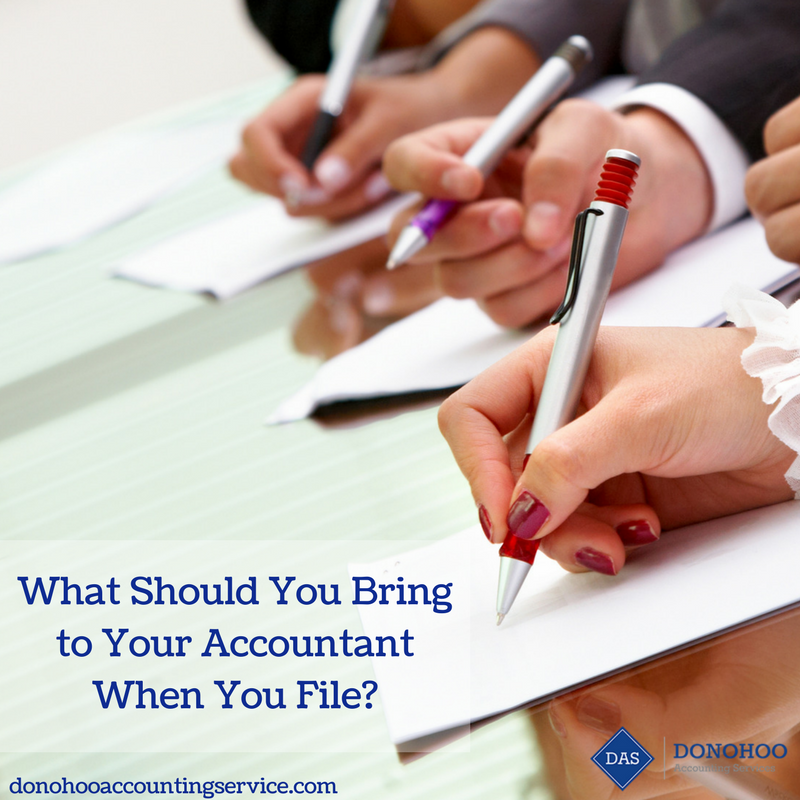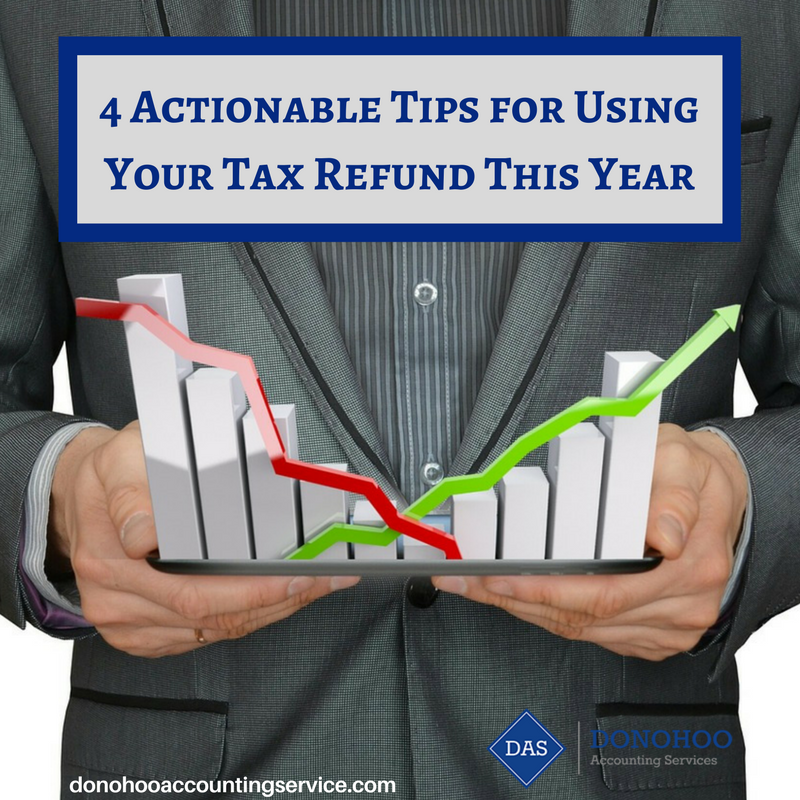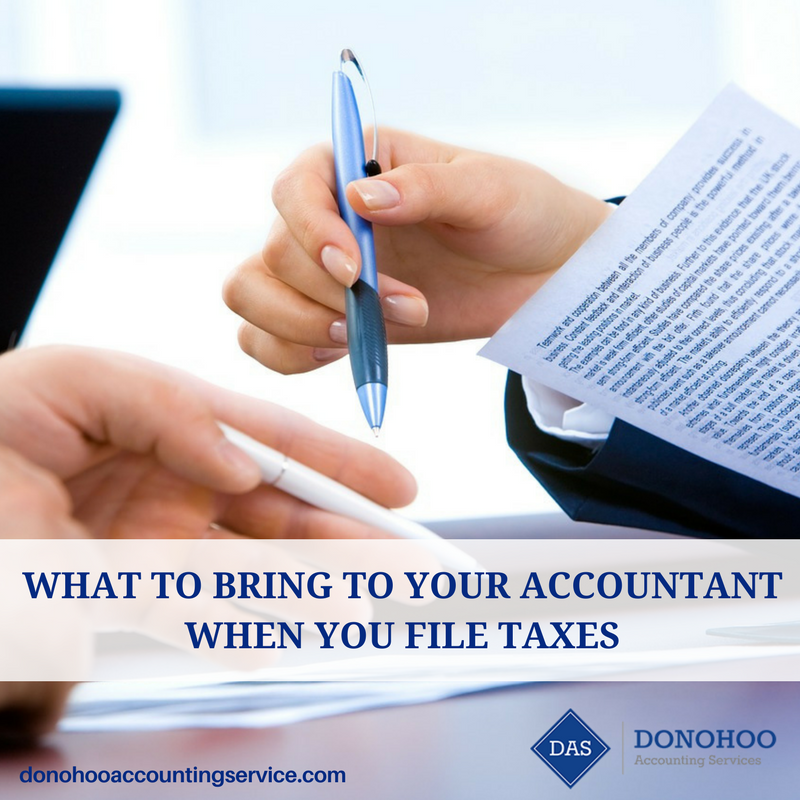Are Your Business Receipts Audit Ready?
Do you often ignore or say too quickly “No” when asked whether you want a receipt? Not small-business owners. Knowledgeable business owners just know how to keep receipts. If they don’t, their tax return could be at risk. The question is: Are your business receipts audit ready?
- TAKE NOTICE
The first mindset to get into (especially if you’re trying to prepare your receipts for taxes) is creating a tiny note of the business purpose on the receipt. Whether or not you inscribe directly or put aside time at the top of the day, week, or once a large amount of buying has been completed (say at the end of a business trip for example), you’ll need the purchases to be recent enough in your mind that you will remember to label them properly.
Be sure that you create the note because this one thing which will permit you to classify the expense later. Merely writing “lunch” might not be enough to jog your memory if you’re audited a year or two later.
- CLASSIFY
Now that you’ve taken note of all these numbers, the next step is following and organizing it, so you can put the receipts into specific classifications. This will make tax time a breeze and permit you to refer back to any receipts without having to look through tons of files.
Here are some samples of common classifications for tax-deductible purchases:
- Advertising: includes things such as business cards, mailing lists/mailing list software, brochures, outside marketing company, website design, development, and maintenance.

- Travel: there are certain criteria to meet for travel expenses to be deductible, but items that may be included are lodging, meals, airfare, baggage & shipping, rentals, taxis, dry cleaning and mileage, and parking expenses.

- Entertainment and Meals: These items may be examined thoroughly by the IRS so be sure these items get listed correctly such as from a business trip.
- Legal and Professional Fees: attorney’s fees, accountant’s fees, other professional consultants’ fees directly related to your business.
- Indemnification: may include business liability insurance premiums, property insurance premiums, disability premiums, workers’ compensation premiums for employees.
- Professional Dues and Licenses: may include franchise fees, professional license fees, business licenses.
- In-Kind: Gifts given to business contacts are deductible but are limited to $25 per person, per year.

- BE THOROUGH
A crucial step is organizing your receipts and being thorough with your method. Attempt to keep expenses separated by paying with a “business only” designated credit card or bank account when possible and avoid paying in hard cash.
Over time you may find better and newer apps to help manage your receipts but remember to keep using the same classifying process. By keeping your method, you will be consistent in your receipts collecting and keeping all the overall information easily acceptable to you and your accountant
Duane Donohoo being self-employed himself understands the challenges of owning a small business. He understands the burden the IRS can be to a small business or individual. It was this experience that relates to his self-employment clients and individual clients. Call today (513-528-3982) for a free consultation to find out how Donohoo Accounting Services, Inc. can serve you.








